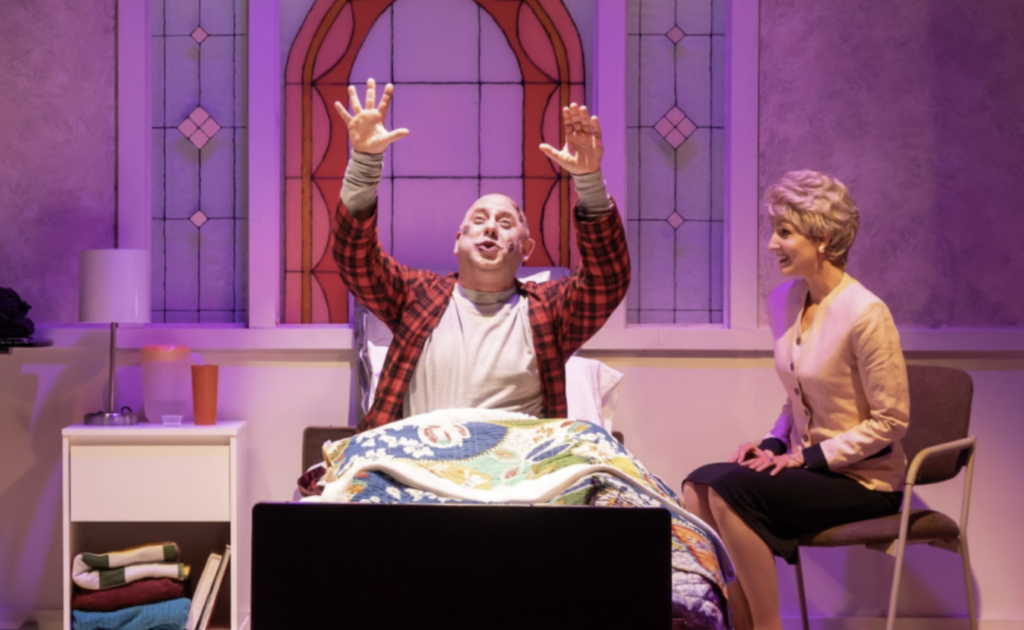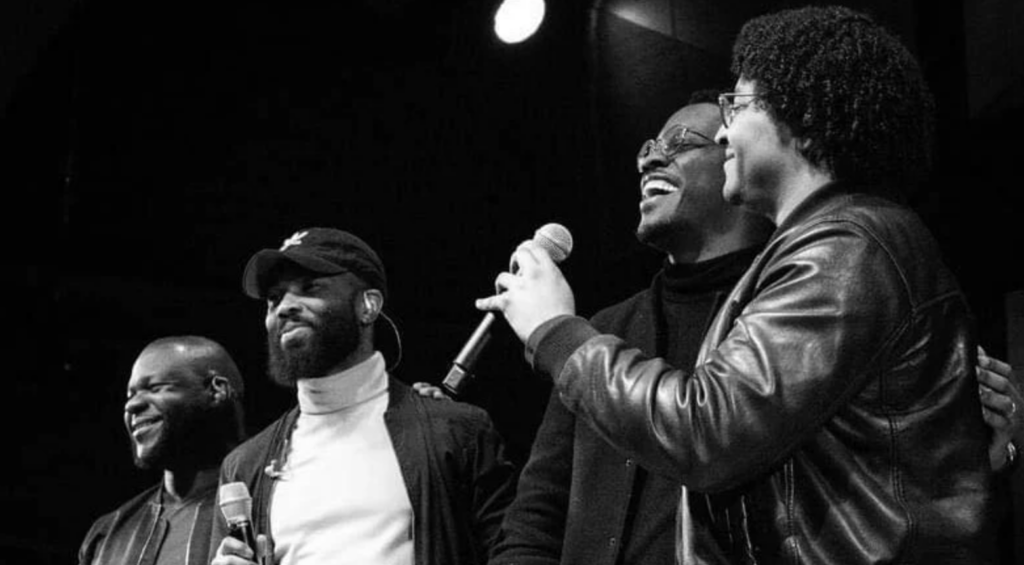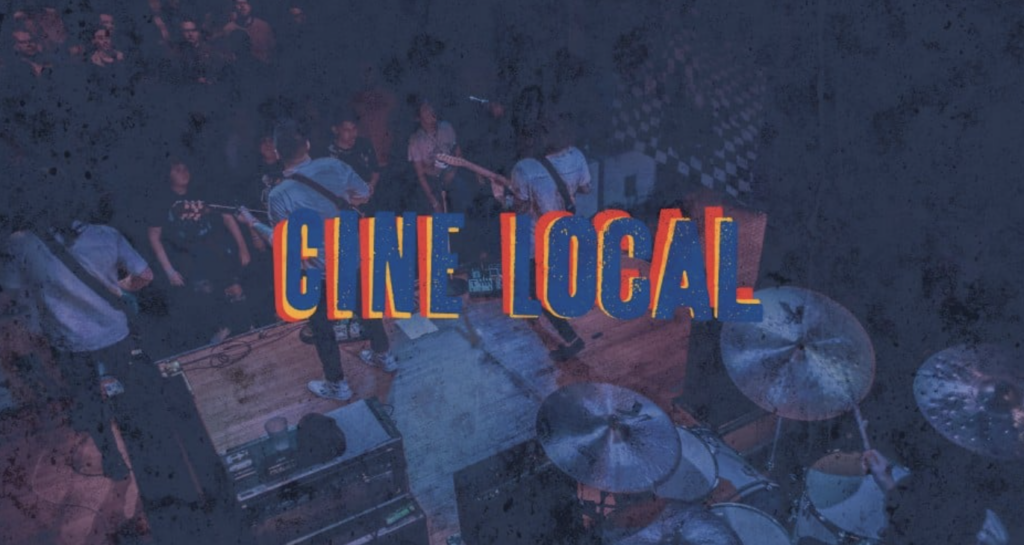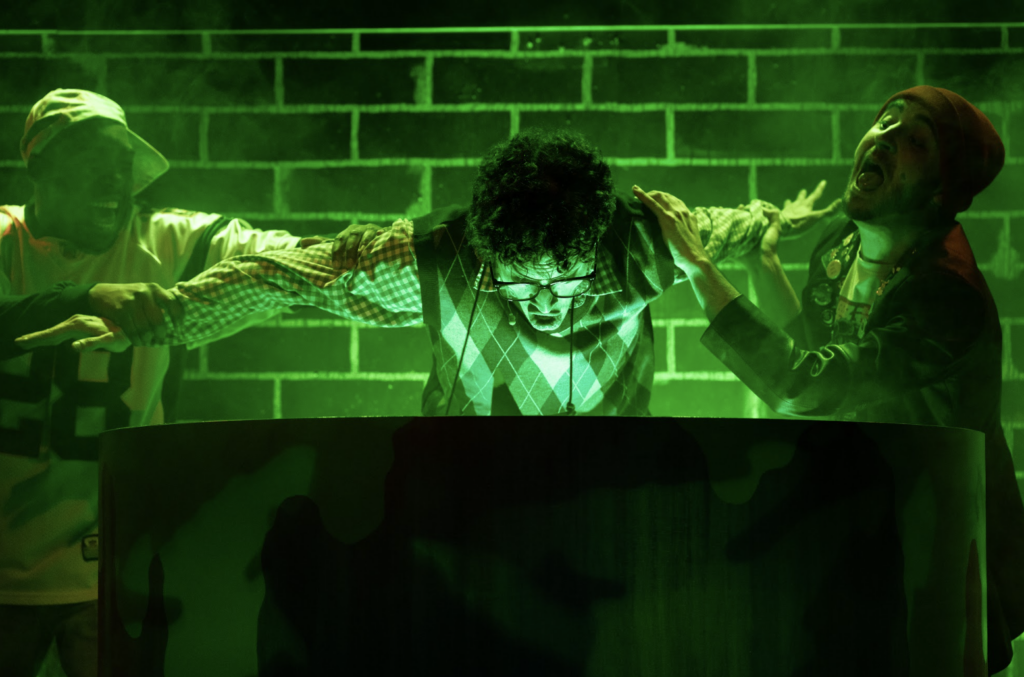Black Gold
Last month, on a Wednesday night, in the middle of Westport, Californos’ normally peaceful deck was making a joyful ruckus. Hip-hop beats and rhymes, which could be heard from the street, seemed to put a lift in the step of those headed for the club and extra air under the skateboarders gliding down the nearby sidewalk.
On the tropically hot deck, to the right, under the trees, dozens of people thronged around a turntable and whoever was commanding the open mic for minute-long freestyles. (By the end of the evening, at least seventeen MCs had performed, each with comparable charisma and intensity.) Others stood in loosely assembled groups facing the performers, mixing and mingling in a comfortable sprawl that filled the deck’s four distinct spaces, each on a slightly different plane, both in space and vibe.
Two things stood out at this Oro Negro event, the same things that leap to attention upon entering the collective’s Wednesday-night gathering place, Danny’s Big Easy at 16th and Main. First, this is an extraordinarily integrated scene — not just black and white but all hues of humanity in a shifting kaleidoscopic array.
Second, the mix of genders is unique. Not only is the ratio of women to men somewhat balanced, but also, more importantly, the women exhibit an ownership of the scene, a quality that reveals itself in subtleties of confidence and easy laughter as they walk, talk and gather, with and without male counterparts. This feels nothing like the club scene, where one gender is on display and the other is on the prowl. This feels like a place where both genders are simply relaxed and hanging out, and it’s remarkable just how unusual that feels.
A few weeks later, standing by the bar at Danny’s, Oro Negro’s founding visionary, James Reed, casually comments on this quality. “I would never want to hold an event that my mother wouldn’t feel comfortable attending,” he explains. “As long as she didn’t mind being around a lot of people and a bar and liked hip-hop music, I would want her to feel at home.” He pauses, and then smiles. “No one’s going to mess with you at Oro Negro unless you disrespect the women, and then someone’s going to put an end to that real quick.”
On this night at Danny’s, at least one mother and son are in the room. While the smooth-flowing duo SoundsGood performs, one member’s mother rocks gently in the middle of the crowd. “I just love the feel of it,” she says, explaining that she’s a regular at these events.
That feel is easy to love at Oro Negro (appropriately named after the Jocelyn Brown record “AI Am the Black Gold of the Sun²thunders). The people shine — wide awake and animated, sexy, funky and diverse in their personal styles. Such hip-hop events have come together here and there for at least a decade in the Kansas City area, but rarely with such consistency.
Reed emphasizes that Oro Negro is part of a larger context. “This scene is part of a continuity that started at club Mardi Gras, then the beat down at the Hitching Post,” he explains. “This is the progression of a lot of people’s dreams.”
In fact, when Reed first envisioned what he describes as an “urban culture revue” in his hometown, he used his know-how as a longtime management consultant to avoid reinventing the wheel.
“I went to everyone I knew involved in every single independent scene I knew of and talked to them about what worked and what didn’t work, what went wrong,” he says. “It became clear that the most important quality was respect — respect between the artists for one another, respect of the venues for each other and respect of the participants for the venue. The easiest way to kill this is for people to come in here and do damage to these venues.”
In order to nurture this quality of respect in the participants, Reed has avoided traditional media approaches to advertising and promotion. “We are focused on creating a scene out of what it means to be a part of the urban culture in Kansas City,” he says. “We want to create an event with a purpose, so we invite people to these events in a thoughtful manner rather than using a shotgun approach.”
That purpose, which binds together the people at Oro Negro, is defined in the prospectus that Reed drew up before the quickening of activity this summer. The mission is clear enough: “To create a unique venue for urban culture focused on providing a marketplace for the music industry and a showcase for original talent in all types of urban media; thru coming together we can expand the horizons of our local industry while representing Midwest urban culture.”
“Every week, people go out to hear good music, drink and have a good time, and the question became, how do we take that energy and build something better?” Reed says. “Kansas City has a cohesive bluegrass scene — you can just go down to Brother Ike’s (at the Grand Emporium) on Monday nights to see that and a cohesive rock scene, but hip-hop is neglected. We can build a network of people to turn each other’s dreams into reality. Just today, we were putting musicians together with artists to do cover art, and when people come to Oro Negro, they can meet others who offer resources they need, who might have equipment they could use and so on, which is the sort of network the rock bands have. Forty people helped organize our last event at Californos and, with our sign-up sheet, those numbers grow every week.
“It is the greatest thing ever to be in Kansas City right now,” he raves. “We’re years behind each coast in some ways, but that leaves many undeveloped angles in our marketplace. By continuously pushing it, we will all end up where we want to be.”




